DIGITISATION IN THE CIRCULAR ECONOMY
DIGITISATION IN THE CIRCULAR ECONOMY
Liverpool City Region is part of the second largest chemical cluster in the UK and is home to global brands like Unilever and Ineos and has world leading academic capability in materials chemistry.
The £68m Materials Innovation Factory is a partnership between Unilever and the University of Liverpool. Combining one of the largest research-active companies with the strongest chemistry department in the UK, it is one of the most exciting developments of its kind in recent years.
-
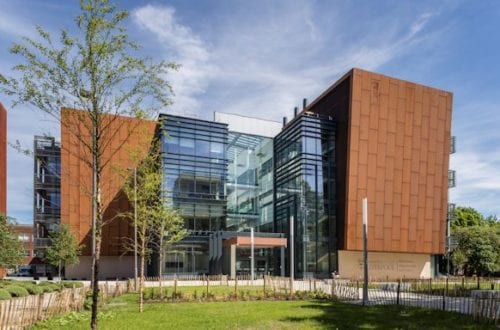 £68 million Materials Innovation Factory
£68 million Materials Innovation Factory -
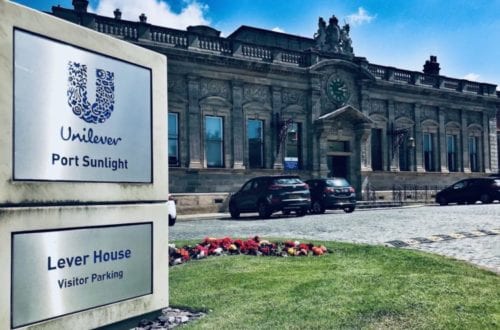 Unilever, at Liverpool City Region's Port Sunlight
Unilever, at Liverpool City Region's Port Sunlight -
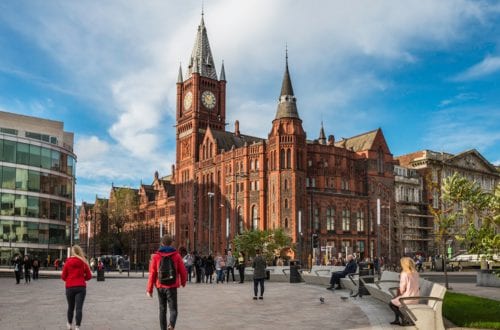 University of Liverpool
University of Liverpool
The City Region is now creating a Future Packaging Cluster, where innovation leadership and supply chain collaboration will stimulate high-value job creation, increased R&D spending and greater market share for innovators in the UK packaging value chain. Central to this proposition will be the £60m National Packaging Innovation Centre (NPIC).
The packaging sector currently generates $800 billion in annual revenues worldwide and is predicted to grow at a rate of 3.1% annually. The UK Packaging Manufacturing Industry currently has annual sales of around £11 Billion. Enlightened consumers and the drive to minimise plastics and waste is seeing a revolution in the packaging industry. These changes are underpinned by digital technologies. This part of the session will explore where digital technologies can effect real change to products and processes.
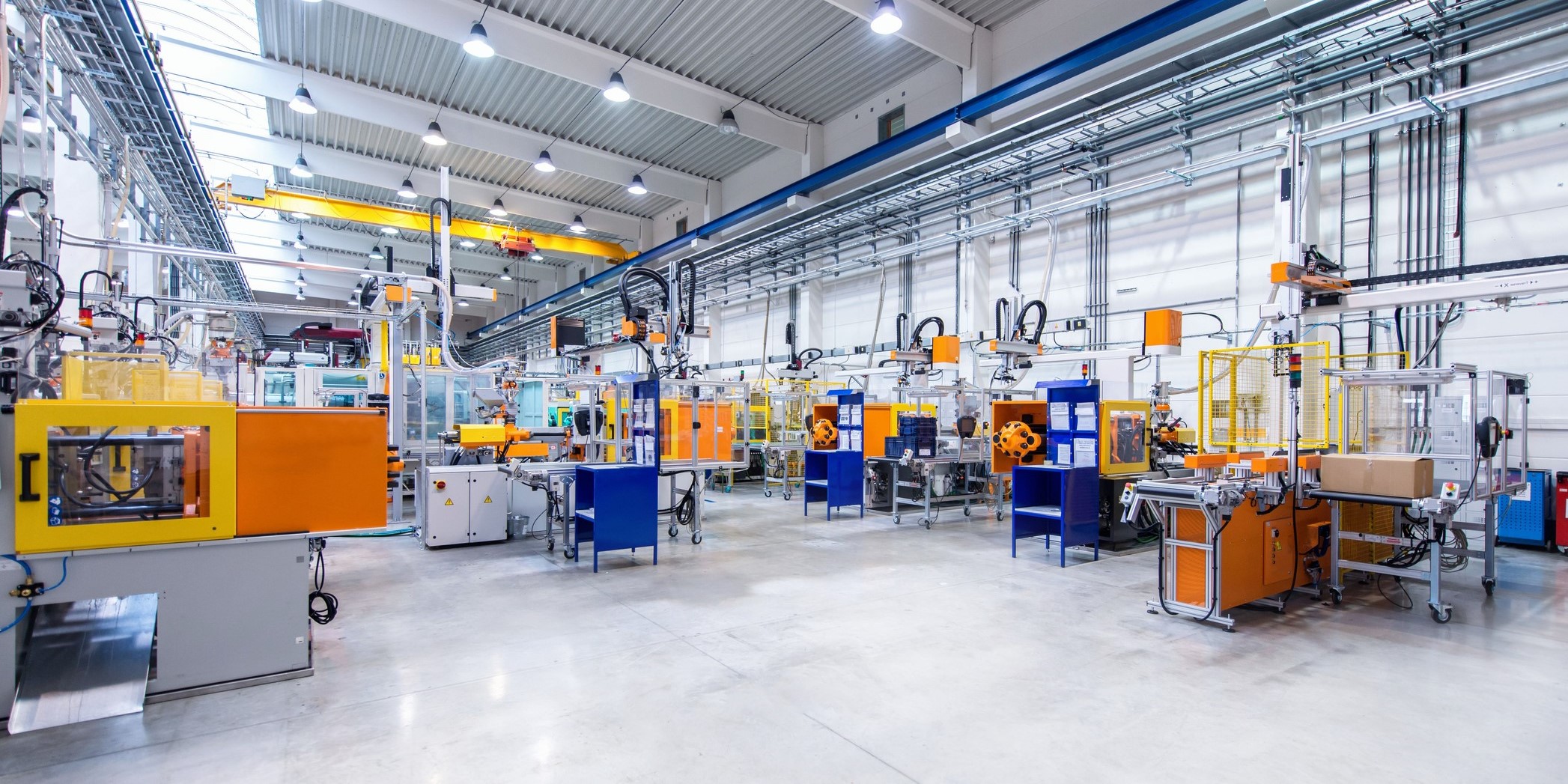
CASE STUDY – UNILEVER
Unilever is one of the world’s leading suppliers of food, home and personal care products, with more than 400 brands from Persil to PG Tips and Tresemme to Magnum. The global manufacturer has had a major presence here since 1888 at its historic home Port Sunlight in Wirral. Today the site is a hub for Unilever globally with 2,500 employees in roles ranging from global R&D to enterprise technology to manufacturing laundry, household and personal care products.
In 2017, Unilever will opened a new Advanced Manufacturing Centre facility here. The 6,500 sq m centre, houses a state-of-the-art pilot plant enabling scientists and engineers to test new ideas during product development on a factory scale. The Centre forms part of a number of investments at Port Sunlight totalling over £200 million.

-
 Liverpool City Region's Sci-Tech Daresbury
Liverpool City Region's Sci-Tech Daresbury
CASE STUDY – CLEAN GROWTH UK
Clean Growth UK is a pioneering, university-led innovation network of forward-thinking green businesses. Through their three university hubs, they provide and broker support focused on developing innovations, commercialising ideas, and securing funding for businesses on a mission to protect the planet for future generations.
The company offer in-house support, as well as connecting connections with innovation and growth support available through other organisations. More information about Clean Growth UK can be found here – www.clean-growth.uk
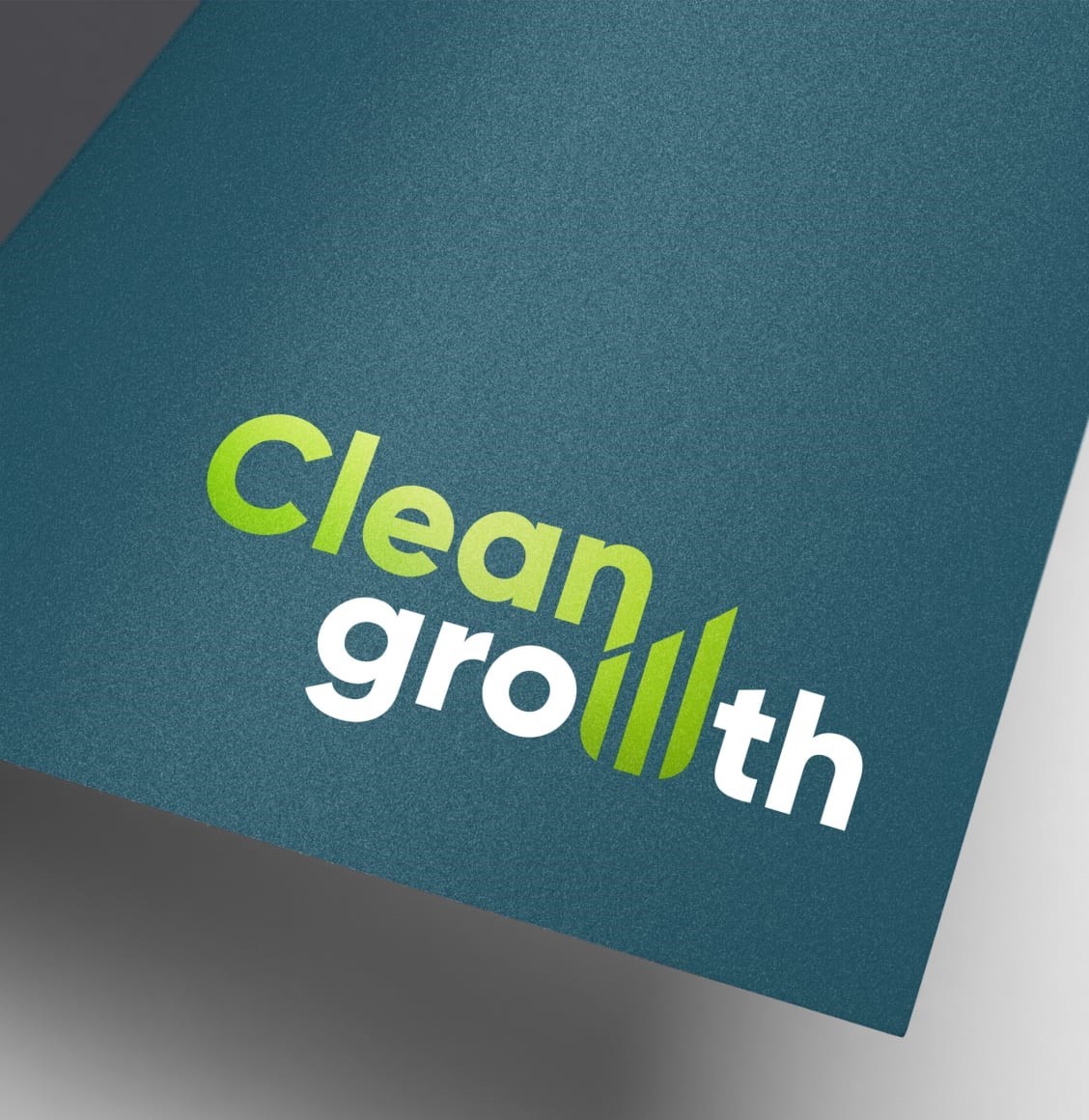

CASE STUDY – ASSET HANDLING LTD
Asset Handling Ltd, based at Sc-Tech Daresbury provide a range of products and technologies that turn data into usable information, allowing companies to make informed decisions based on real insights that affect all areas of your business. We use data to help businesses proactively improve efficiencies and maximise investment.
Since 2019 Asset Handling have been working with Univar, a £4bn global chemical company with over 600 sites across the world to fulfil the requirement of improved maintenance management and the reduction of potential safety critical asset failures by the implementation of condition monitoring.
Since the install of Asset Insight Manager we have given Univar full visibility of assets status, planned and historic works and any potential threats, along with performance, work load and KPI achievement. We are currently deploying AH21 devices to electrical terminals in order to monitor power usage and identify any possible areas of improvement.
CASE STUDY – INDIGO ENVIRONMENTAL LTD
Indigo Environmental are a plastics recycling company. The LJMU LCR4 Start team provided consultative support centring on digital diagnostics and readiness level assessments to produce a digital strategy that improved the reliability of equipment using condition-based monitoring through access to specialist knowledge and tools to collect and analyse data from the machinery. The data analysis enabled the company to determine when faults were due to develop so they could implement predictive maintenance processes allowing them to become more efficient and cost effective.
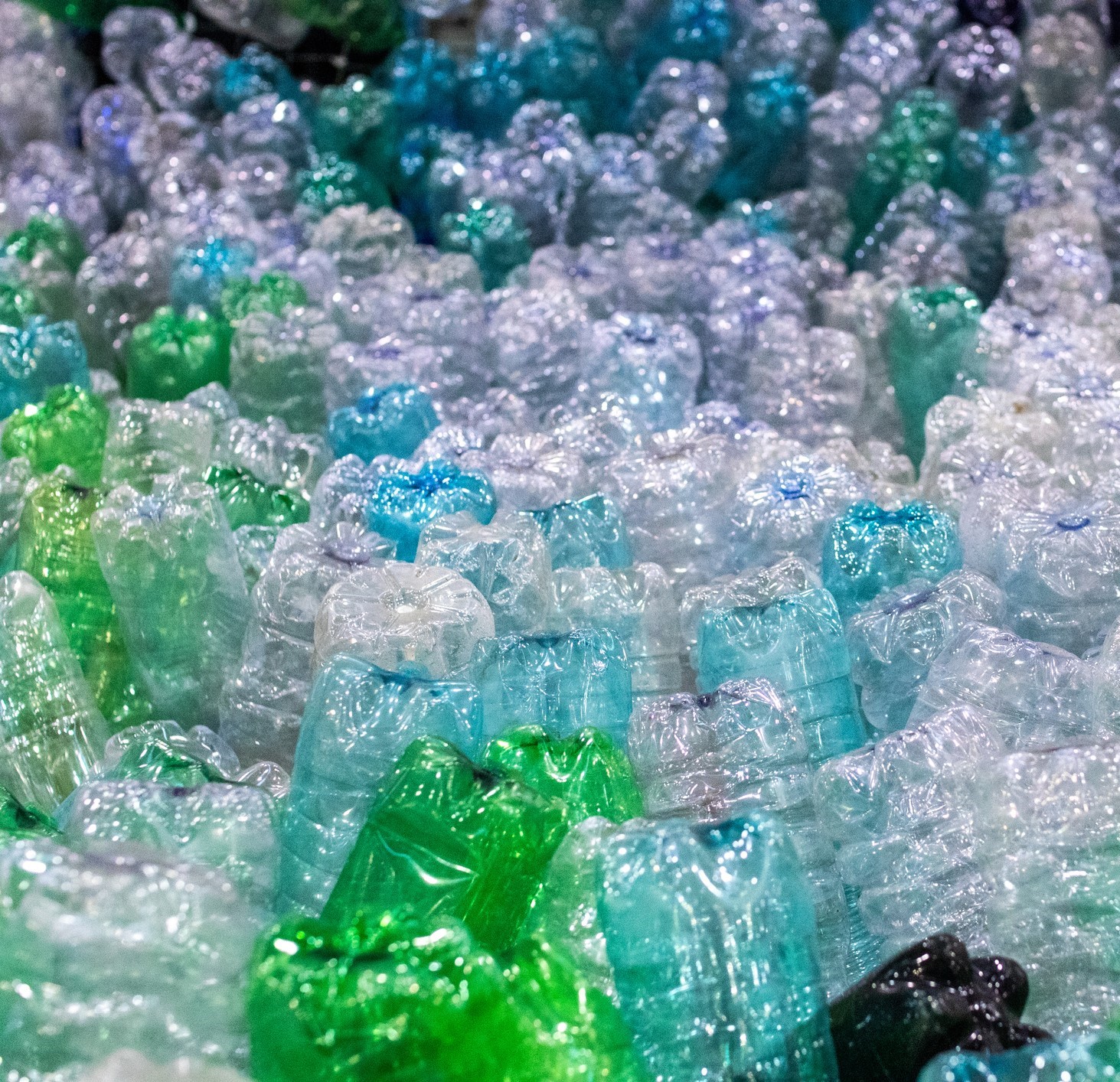
CASE STUDY – IOT HORIZON LIMITED
IoT Horizon is a leading IoT and Digital Transformation Specialist, based at Sci-Tech Daresbury. The Team have expertise in Digital Transformation, Rapid Prototyping, Internet of Things, Software Development, Electronics Engineering, Technology Selection and IoT Security.
Undertaking Digital Transformation can be daunting for many organisations – Where do they start? Is there a suitable business case and return on investment? IoT Horizon’s MPWR process evaluates clients’ ideas and challenges and guides them through this process, turning concepts to profit, quickly. This includes designing innovation around the company culture, quickly mapping out challenges (known & unknown), bringing ideas to life and into business and swiftly implementing prototypes to see how it works in practice.
-
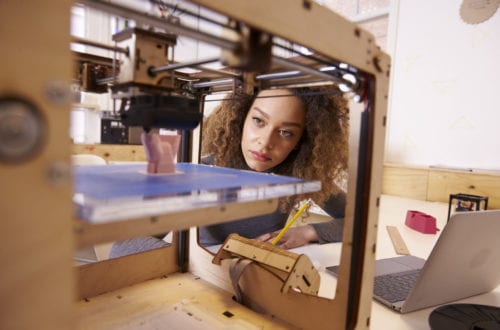 Rapid prototyping
Rapid prototyping -
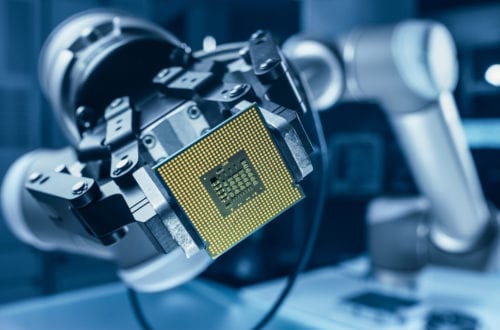 Electrical engineering
Electrical engineering -
 Software development
Software development
At IoT Horizon their favourite phrase is “you don’t know, what you don’t measure”. IoT technologies help businesses to capture valuable insights that can make their business more efficient, productive and innovative. As a simple example, IoT Horizon added machine monitoring sensors to storage heaters in their office space at a business centre.
The sensors measured temperature and vibration and sent the data to a cloud dashboard that shows you how your machine is performing. This technology helped IoT Horizon to discover that the storage heaters were turning on at a time in the middle of the night when nobody was in the building.
In fact, the heater came on 3 hours in advance of what the business centre thought that it did and got to a maximum temperature in the middle of the night when energy wasn’t the cheapest. The business centre adjusted their 200 storage heaters by one hour to trial the savings. By saving 200 hours per day of energy, an energy consultant estimated that they had saved at least £10k per year and over 32 tonnes of annual CO2 emissions.
-
 IOT security
IOT security -
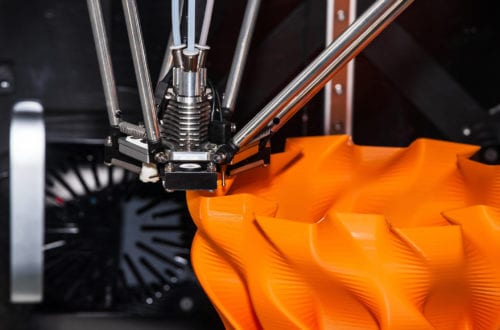 Advanced egineering techniques
Advanced egineering techniques -
 Smarter solutions for global manufacturing
Smarter solutions for global manufacturing
